
OR
Dereliction of duty on Everest
Published On: June 16, 2019 02:30 AM NPT By: Republica | @RepublicaNepal
Everest expedition, which attracts the attention of the whole world, for magnificence and awe of the world’s highest peak, remained in bad press nationally and internationally this season. Media exposed how haphazardly permits were issued for Everest climb and how it has contributed to rising crowd along the routes, how the mountaineers had to negotiate their ascend through the treacherous narrow paths, how they received little support along the way and so on. In other words, the Everest expedition, long associated with lifetime adventure experience for the climbers, came to be associated with dangers mainly because of lack of regulation from responsible government agencies. Few days ago during his trip to the UK, Prime Minister KP Sharma Oli was questioned by the BBC World Service about the absence of liaison officers at base camp and overcrowding on Everest. The prime minister, perhaps uninformed about the situation on the ground, tried to dismiss the issue as “rumors” and explained if there was overcrowding it was because of ‘narrow window of favorable weather’. Why do Nepali authorities fail to properly manage the expedition? Why do we fail to ensure basic minimum safety assistance to the climbers? Of course, one single factor cannot be attributed for the shortcomings but it now appears that the lax on regulation is the result of government’s failure to make its officers responsible to the tasks assigned.
It has emerged that at least 15 Everest liaison officers deployed by the government for this year’s spring climbing season never reached the base camp. Department of Tourism on Thursday disclosed that of the total 37 liaison officers deployed for Everest expeditions only 22 reached Everest base camp. Remaining 15 didn’t carry out the given assignments. Their absence at the base camp was clearly felt by the climbers. Upon his arrival to Kathmandu after making to Everest summit for 24 times, Kami Rita Sherpa had expressed serious dissatisfaction over lax government regulations. He has attributed to crowding on Everest to the absence of liaison officers at base camp. Had all liaison officers deployed for the job been there, perhaps overcrowding could be controlled, climbers could be provided necessary assistance, problems along the way could be promptly communicated to the higher authorities in Kathmandu, and perhaps Everest expedition would not receive the bad press.
Why liaison officers failed on their duty is, again, directly linked with overall governance system. For one, these officers were not appointed based on their commitment and competence. Apparently, staffs associated with Office of the Prime Minister pressured the director general of Department of Tourism to appoint them. When the Department complied, it resulted in these officers pocketing perks and allowances while being indifferent to the tasks in hand. They produced reports for the department on the basis of reports compiled by expedition companies. Worse still, some such officers even have been dragged into controversy of enlisting even those who did not reach the summit as successful Everest climbers. Such a dereliction of duty from the part of our own officers has resulted in defamation of Everest climbing, which is the main source of attraction for visitors to Nepal. This is no small offense. Office of the Prime Minister and Ministry of Culture, Tourism and Civil Aviation should look into this matter and hold these officers to account. Mount Everest is Nepal’s pride and Everest expedition is the key to promoting Nepal’s tourism far and wide. Those who make it the subject of bad press, through their dereliction of duty, deserve punishment.
You May Like This

They defamed Everest. Book them
Mount Everest, the icon for which people in the world know this Himalayan republic, received bad press, both at home... Read More...

Youths are killing themselves. Save them
What kills Nepalis? Nepal has markedly reduced maternal and child mortality rate and fewer people die because of lack of... Read More...

Make Nepal shine in Davos
Prime Minister K P Sharma Oli left for Davos, Switzerland on Sunday for the annual meeting of the World Economic... Read More...


Just In
- Kathmandu continues to top the chart of world’s most polluted city
- JSP Central Executive Committee meeting today
- Ambassador Adhikari presents his letter of credentials to Turkish President Erdoğan
- Bajhang by-election: Construction of Taklakot Road is common election agenda of candidates
- Meeting of Finance Committee being held today to discuss 2025/25 budget
- Stakeholders call for transparency as Beijing pushes for early implementation of BRI projects in Nepal
- Special Court orders judicial custody for Sunil Paudel over illegal wealth acquisition charges
- District Court Rautahat sentences four individuals including Aftab Alam to life imprisonment









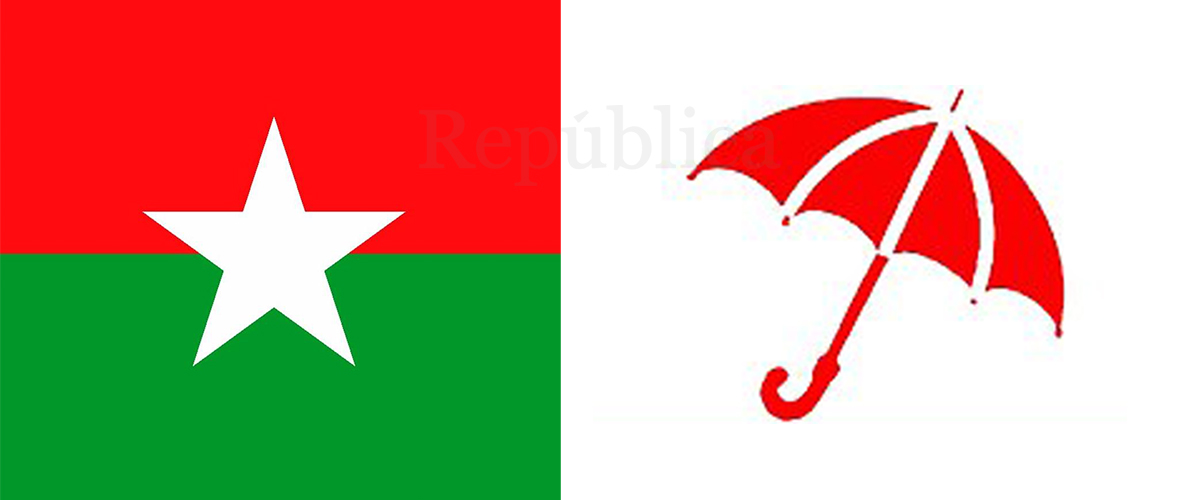
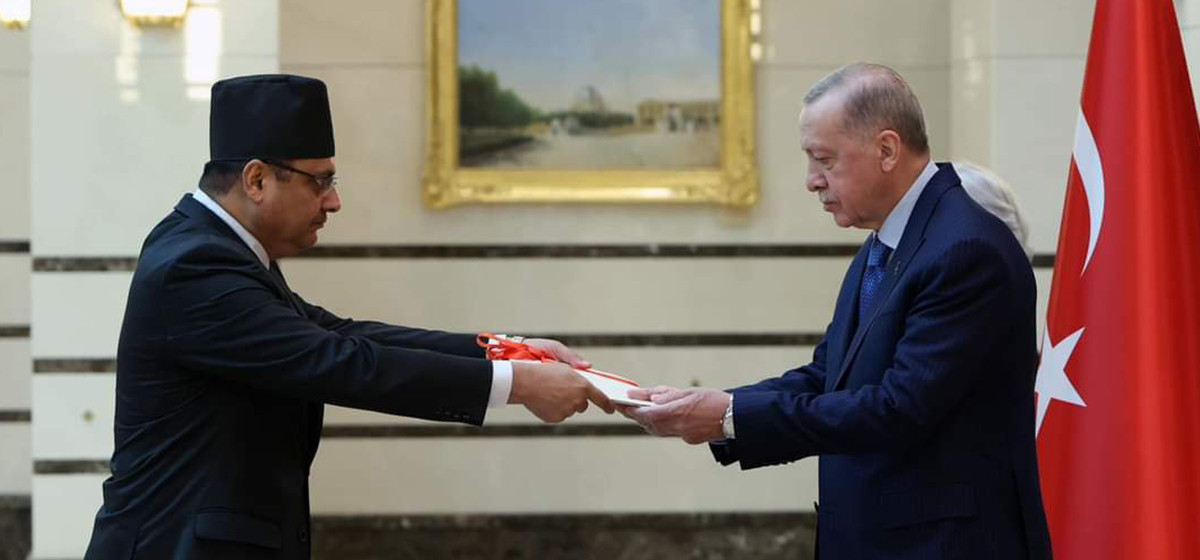
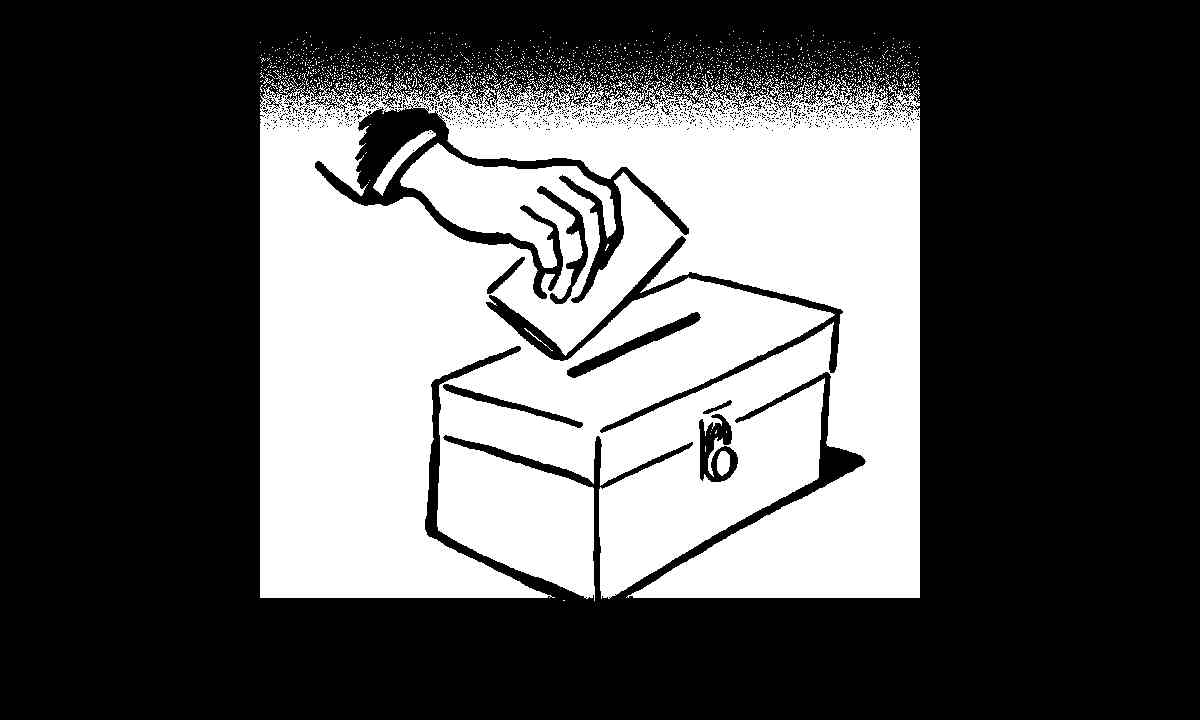
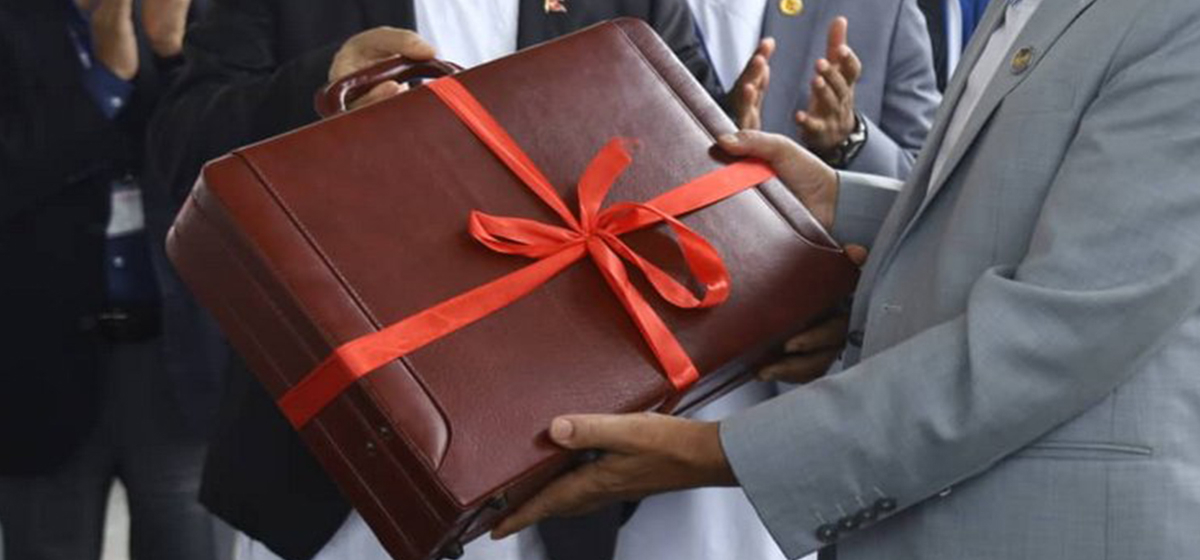

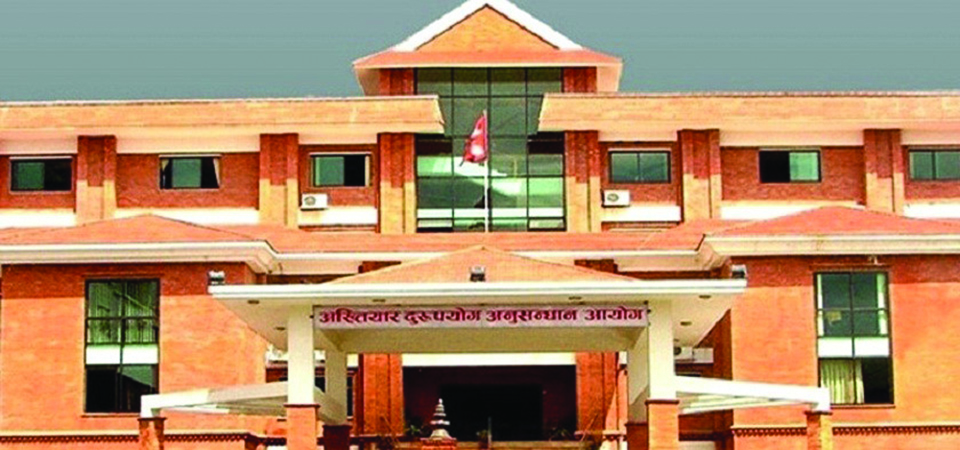

Leave A Comment